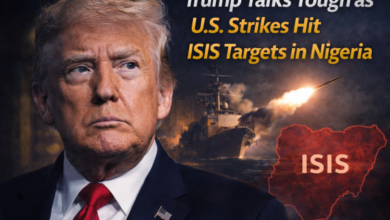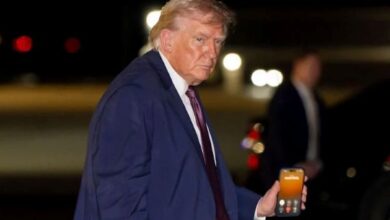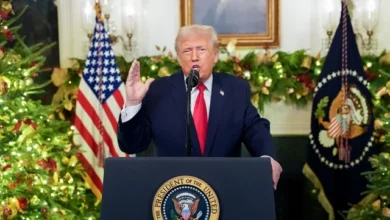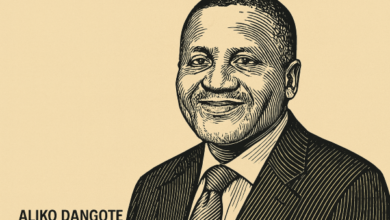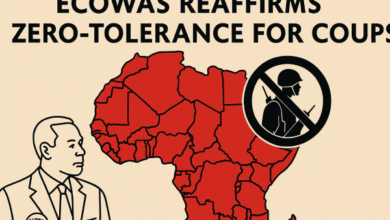Xi and Putin Rally Against Western ‘Unilateralism’: A Strategic Axis for a new Global Order
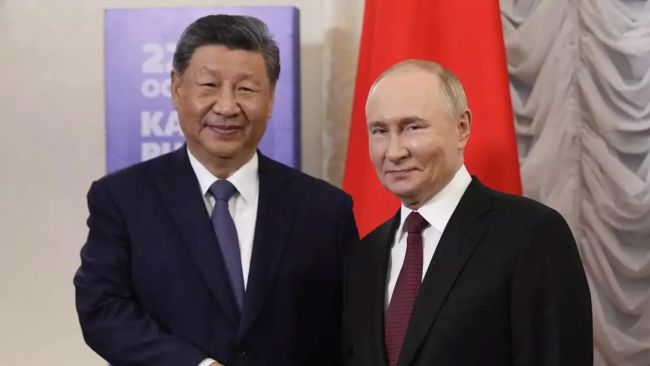
In a striking display of deepening Sino-Russian unity amid escalating global geopolitical fault lines, Chinese President Xi Jinping on Thursday reaffirmed Beijing’s commitment to work with Moscow in safeguarding the authority of the United Nations, while vowing to jointly resist what he called “unilateralism and bullying” — a thinly veiled reference to U.S.-led Western influence in global affairs.
Speaking during high-level bilateral talks with President Vladimir Putin in Moscow, Xi declared that China and Russia, as two permanent members of the UN Security Council and “major countries of the world,” bear a unique responsibility in defending not only their own national interests, but those of developing nations increasingly caught in the crossfire of global power rivalries.
A New Axis for the Global South?
The message from Xi’s Moscow visit is clear: China and Russia are casting themselves as protectors of a multipolar world order, directly challenging the dominance of Western-led institutions and narratives. In positioning themselves as champions of developing nations, Beijing and Moscow are seeking to forge a counterweight bloc that reframes global leadership in more diverse and decentralized terms.
The diplomatic choreography also underlines a broader effort to rewrite the post-World War II international order. Xi and Putin jointly emphasized the need to uphold the “correct historical perspective” of the war—often code for resisting what both leaders see as the West’s rewriting of historical narratives to justify current geopolitical actions, including sanctions and military alliances.
Xi’s Globalisation Vision: Inclusive, Not Western-Driven
Notably, Xi’s rhetoric extended beyond geopolitical posturing to offer a competing vision of economic globalisation—one that is “inclusive” and “universally beneficial.” This mirrors China’s long-standing criticism of what it calls Western economic coercion and conditionality, and is likely aimed at winning allies across Asia, Africa, and Latin America where frustrations with Western dominance have deepened amid rising debt crises and trade imbalances.
A Calculated Optics During a Symbolic Visit
Xi’s state visit coincides with commemorations marking the 80th anniversary of the Soviet Union’s victory in the Great Patriotic War, a foundational pillar of Russian national identity. The optics are potent: two nuclear powers, both UN Security Council members, using a shared historical triumph as a launchpad for a united future.
Beyond the pageantry lies strategic calculation. As Russia faces mounting international isolation over its war in Ukraine, China’s full-throated diplomatic and rhetorical backing sends a powerful message: Beijing is not just refusing to isolate Moscow—it is doubling down on a long-term partnership rooted in mutual defiance of U.S.-led global leadership.
Implications for Africa and the Global South
For African and other developing nations, this growing Beijing-Moscow axis presents both opportunities and dilemmas. On one hand, it opens avenues for new diplomatic and economic alignments outside the traditional Western sphere. On the other, it could further entrench a bipolar world order where smaller nations are once again pressured to pick sides—this time not between capitalism and communism, but between competing visions of sovereignty, development, and influence.
As the world inches closer to an era of recalibrated power dynamics, the emerging China-Russia compact marks a significant pivot—one that will shape not only the politics of war and peace, but the rules of trade, development finance, digital governance, and global justice.








